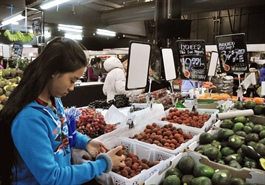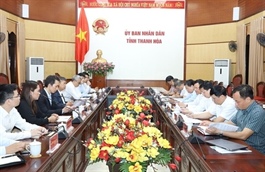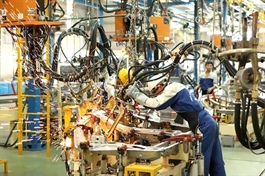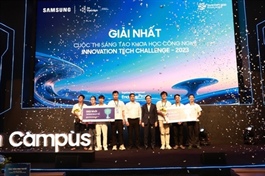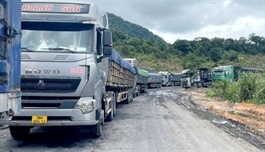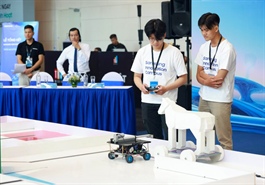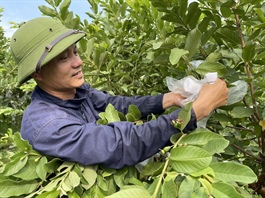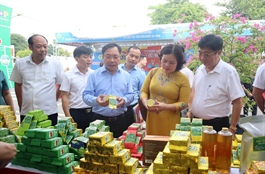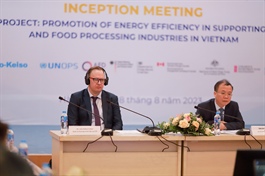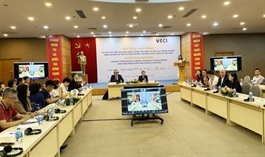Vietnam prepares for EU’s sustainable textiles overhaul
Vietnam prepares for EU’s sustainable textiles overhaul
As the European Union attempts to transition to a more sustainable and circular economy, exporting nations will confront new laws and criteria to access the EU market, notably when it comes to garments and textiles.

Prime Minister Pham Minh Chinh has directed the Ministry of Industry and Trade to study plans the EU has to overhaul its textile and garment regulations, and build appropriate implementation solutions. The ministry is to send its report to the government by the end of August.
Mulled over for a few years, the EU wants to introduce measures to increase circulation and reduce waste from textiles.
In July, the European Commission (EC) proposed a targeted revision of its Waste Framework Directive. The initiative aims to accelerate the development of separate collection, sorting, reuse, and recycling for textiles in the EU, in line with the bloc’s strategy for sustainable and circular textiles.
With the move, the EU would strive to ensure that all textile products put on the market are durable, repairable, and recyclable, reducing the harmful effects of fast fashion on the economy.
Tran Ngoc Quan, trade counsellor for the Vietnam Trade Office in Belgium and the EU, said, “Vietnamese businesses need to have an appropriate business plan if this recommendation becomes a mandatory regulation, as it will affect production and business.”
EU countries are the billion-dollar destination of Vietnam’s textile and garment industry. In 2022, related exports to the EU reached $4.46 billion, up 34.7 per cent over the previous year, of which some markets had the largest import value, including Germany, the Netherlands, France, Belgium, and Spain.
Vietnam has set a target of $43.5 billion in textile and garment export revenue for the whole of 2023.
Vu Duc Giang, chairman of the Vietnam Textile and Apparel Association, said that if the EU proposals are approved, they will certainly affect Vietnamese suppliers.
“In recent years, the textile and garment industry, one of the industries with high export turnover, has undergone more green transformation to meet the new needs of international customers,” Giang said. “Some important export markets for Vietnamese textiles, including the US, EU, Japan, and South Korea, already have laws governing environmentally responsible production practices. Furthermore, higher standards of product quality are incorporated into many of the trade agreements that Vietnam participates in.”
Le Tien Truong, chairman of the Vietnam National Garment and Textile Group, said that although there is currently no specific legal regulation on green criteria in textile and garment products, once it becomes a trend, developed countries will be ahead of the game.
“That is why both buyers and manufacturers around the world are racing to go green, in order to avoid supply chain disruptions when green standards are legalised,” Truong said. “The more the supplier satisfies the green factors, the more priority is given.”
The EC is proposing to introduce mandatory and harmonised extended producer responsibility (EPR) schemes for textiles in all member states. Such schemes have been successful in improving the management of waste from several products, such as packaging, batteries, and electric and electronic equipment.
Producers will cover the costs of management of textile waste, which will also give them incentives to reduce waste and increase the circularity of textile products – designing better products from the start. How much producers will pay to the EPR scheme will be adjusted based on the environmental performance of textiles, a principle known as eco-modulation.







